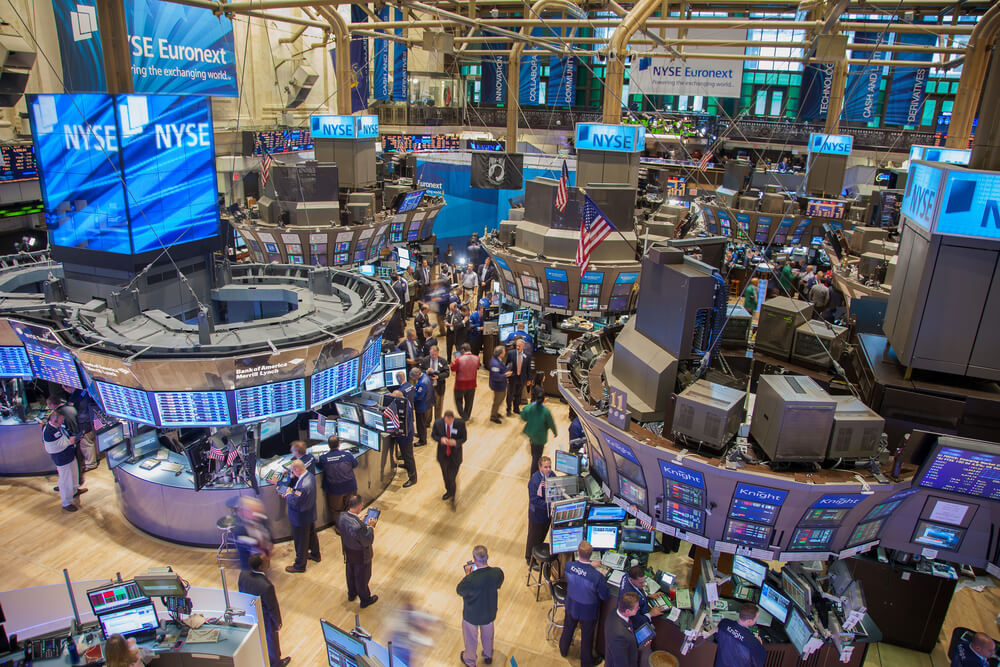The consensus is in and the stock market got it right on Tuesday, investors are roughly where they were before and now the question for bulls is how long will this record bull market run last?
Investors are now left with the Federal Reserve’s rising interest rates and a trade war with China as the only things standing in the stock market’s way at this point.
Per Bloomberg:
“This was our base case,” said Ben Phillips, chief investment officer of EventShares, referring to a divided U.S. Congress. “As far as markets are concerned, it is actually a decent outcome.”
The bulls are happy with gridlock in Congress if history is any indication. Futures are taking it in stride, the economy is rolling along and President Donald Trump’s tax cuts are firmly entrenched with Republicans picking up seats in the Senate.
“I know it may be a bit of a letdown from a news perspective, but most of us on the investment side are happy to see a bit of boring and predictable politics,” said Max Gokhman, head of asset allocation for Pacific Life Fund Advisors.
With the election behind us, one type of uncertainty is done. But for equity bulls who watched their stocks get hammered in October, things are still a bit uneasy.
“This issue, thank god, is behind us,” said Donald Selkin, chief market strategist at Newbridge Securities. “But the other issues are out there.”
Futures were up after the Democrats took back control of the House, in stark contrast to last week when equities finally finished their worst monthly plunge since September of 2011.
And the issue for investors is that an end to electoral strife doesn’t ensure an end to the nightmare’s from October, when $3 trillion was lost. The Fed is still raising rates and the Trump-China trade war doesn’t appear to be slowing down.
And while the economy could very well be peaking, it’s still chugging along at a 3 percent clip with earnings expected to grow at 10 percent gains each of the next two years. And after falling 9 percent in October, the Nasdaq is still up 9 percent this year.
Even more: in the past 18 midterm elections, stocks have gained from the October lows through the end of the year every single time, according to LPL Research.
One optimistic spin holds that October’s rout wasn’t an isolated event, separate from politics. It was politics, the theory goes — Tuesday’s election outcome was simply priced in about a month in advance. Under that interpretation, bulls can take solace: the Dow Jones Industrial Average’s 2,000-point correction was the price stocks had to pay for a Republican setback.
“Generally I don’t know if the outcome is going to affect the long-term view of the economy,” Lau said Tuesday night. “We’re more concerned just about uncertainty and once it’s passed, the market is going to do better.”




